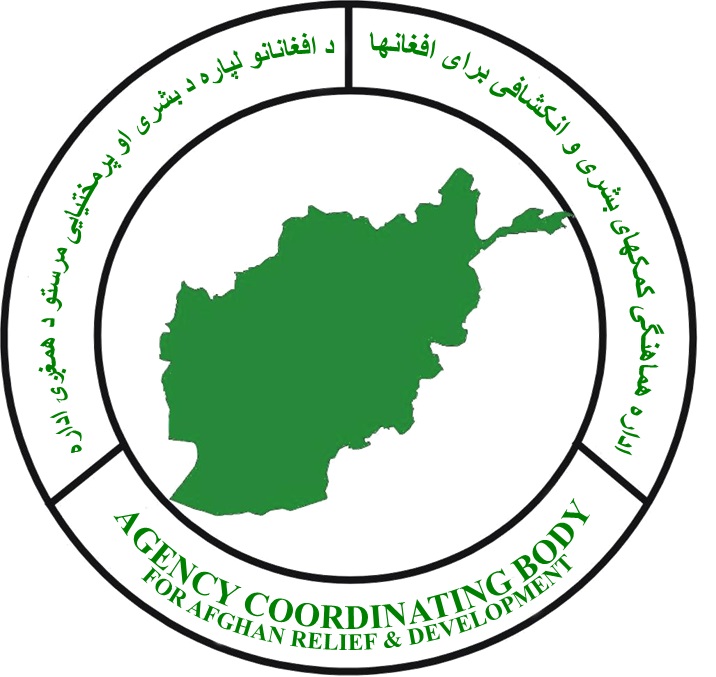
ACBAR Express January - February 2020
UNAMA Report - Protection of Civilians in Armed Conflict
The armed conflict in Afghanistan continued to take a heavy toll on the civilian population in 2019 with UNAMA recording over 10,000 civilian casualties for the sixth year in a row. Since UNAMA began systematic documentation in 2009, it has documented more than 100,000 civilian casualties, with more than 35,000 killed and 65,000 injured. See here
MAIL and FAO Report - Afghanistan Drought Risk Management Strategy
The 2018-drought was one of the most severe droughts that impacted Afghanistan in the last four decades. It directly affected two-thirds of Afghanistan - 22 out of 34 provinces - and impacted more than 10.5 million people most severely apart from the agriculture, livestock and irrigation sectors in the country. MAIL and FAO developed this strategy for drought risk management to manage droughts better in the future. Click here
ADSP Report - A Long Way Home: Obstacles and Opportunities for IDP Return in Afghanistan
While durable solutions still remain out of reach for Afghanistan’s internally displaced persons (IDPs), with estimates of 2.2 million IDPs last recorded in 2017, evidence related to durable solutions – and specifically to the return of IDPs – is widely lacking. Research on internal displacement has focused on setting local integration on the policy agenda, this research study in Afghanistan has focused on what happens after their return ‘home’. Read more
ADSP Action Plan for Integration - Herat
Herat is host some of the largest numbers of IDPs in Afghanistan. Conflict, lack of economic opportunity and natural disaster have driven displacement over past decades, leading to the settlement of groups of IDPs, returnees, and economic migrants in and around Herat city. Lack of infrastructure in both urban and peri-urban areas, and poverty in host communities have made support for — and integration of — IDPs challenging. This assessment aims to guide programming and policy interventions of ADSP members, as well as other humanitarian and development partners, to support the early recovery of communities affected by displacement in Herat. Click here
ODI Paper - Donor Interventions in Afghanistan; Lessons for Peace
An in-depth research project by Overseas Development Institute (ODI) looking at the peace process in Afghanistan through the lens of governance and international cooperation. Leveraging specific lessons learned from past peace processes in Afghanistan, this paper considers how peace processes and associated programming might be designed to support sustainable peace that delivers for all Afghans. See here
BMC Research Article "The midwife helped me..."
Afghanistan has one of the world’s highest maternal mortality ratios, with more than 60% of women having no access to a skilled birth attendant in some areas. The main challenges for childbearing Afghan women are access to skilled birth attendance, emergency obstetric care and reliable contraception. The aim of this study is to explore women’s experiences of professional midwifery care in four villages in Afghanistan covered by the project, so as to reveal challenges and improve services in rural and conflict-affected areas of the country. Click here

